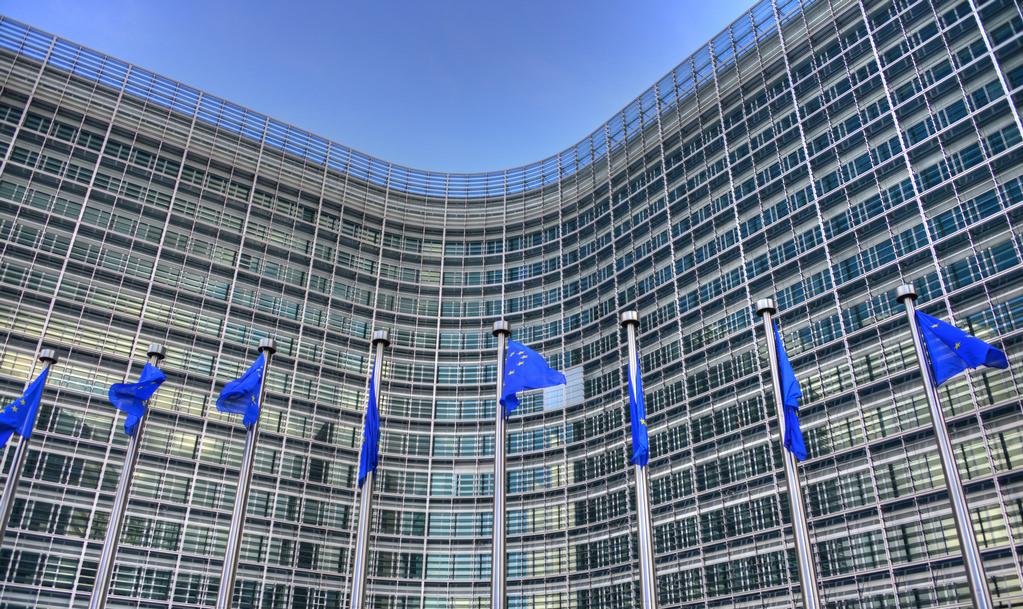
A €2.2 billion (US$2.3 billion) scheme to support investment into decarbonising industrial processes in Germany has been approved by the European Commission (EC).
The scheme, which was submitted to the EC by the German government under the Temporary Crisis and Transition Framework, will support the electrification of industrial processes and the replacement of fossil fuels with “renewable hydrogen or renewable hydrogen-derived fuels”.
Try Premium for just $1
- Full premium access for the first month at only $1
- Converts to an annual rate after 30 days unless cancelled
- Cancel anytime during the trial period
Premium Benefits
- Expert industry analysis and interviews
- Digital access to PV Tech Power journal
- Exclusive event discounts
Or get the full Premium subscription right away
Or continue reading this article for free
The funding will be delivered in direct grants to companies or projects, with a maximum grant of €200 million per beneficiary. To be eligible for support, projects must “lead to a reduction of greenhouse gas emissions from production processes of at least 40% compared to today”, and eligible companies must either electrify their production processes or switch from fossil fuel use to renewable hydrogen.
Aid will be granted by the 31st December 2025.
The Temporary Crisis and Transition Framework was adopted by the EC in March 2023 as part of efforts to reduce fossil fuel reliance in Europe. The framework was extended in November 2023 in line with the bloc’s response to the Russian war in Ukraine, alongside the REPowerEU scheme, which aims to build energy resilience against Russian gas imports.
Germany has been leading solar PV installations in the EU in recent years, and PV will likely be one of the technologies used as the feedstock for renewable hydrogen adoption in industrial processes. In 2023 the country added 14GW of new PV capacity, roughly half of which was residential.






